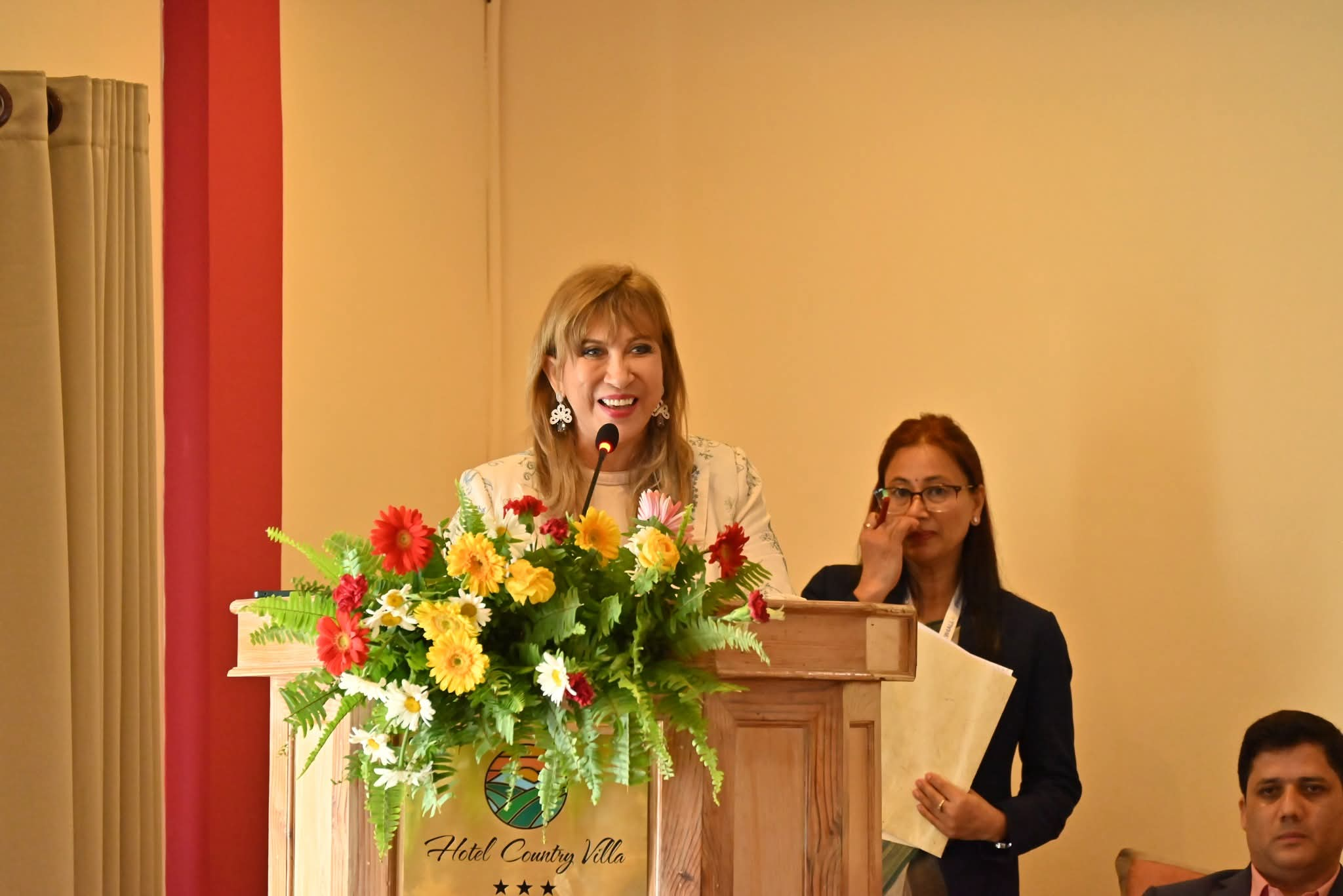Kavre, Nepal – August 7, 2025
A two-day national workshop aimed at finalizing Nepal’s roadmap for the global initiative “Early Warnings for All” (EW4ALL) has commenced in Kavre, marking a significant step forward in enhancing disaster preparedness and resilience across the country.
Organized under the leadership of the Ministry of Home Affairs with the support of United Nations Nepal, the workshop brings together key national and international stakeholders, including the National Disaster Risk Reduction and Management Authority (NDRRMA), World Food Programme, UNDP Nepal, and the International Federation of Red Cross and Red Crescent Societies (IFRC).
At the workshop’s inauguration, Home Minister Ramesh Lekhak reaffirmed the government’s commitment to inclusive safety, stating:
“By 2030, every citizen will receive early warnings of risks.”
The initiative aligns with the global vision that early warning systems should not just be about technological forecasts, but about ensuring protection, dignity, and agency for every person, regardless of their location or socioeconomic status.
Hanna Singer-Hamdy, UN Resident Coordinator in Nepal, emphasized the importance of accessible and understandable early warnings:
“Imagine, if a farmer in Rukum or a teacher in Janakpur had timely, understandable early warning information before disaster struck? That’s the vision behind EW4ALL.”
During technical discussions, experts highlighted the urgent need to address the vulnerabilities posed by Nepal’s fragile mountain ecosystems.
Dinesh Prasad Bhatt, Chief Engineer at NDRRMA, stressed:
“It is necessary to study our glacial lakes. A mechanism is needed to receive accurate information at the right time.”
With climate-induced disasters becoming more frequent and intense in the Himalayan region, EW4ALL aims to build a future where early warning systems are integrated, people-centered, and leave no one behind-especially those living in remote, high-risk areas.
As the national roadmap nears finalization, Nepal stands poised to lead by example in operationalizing the global commitment to universal early warning access-a move that could save lives, safeguard development gains, and strengthen resilience across generations.